fact

Re-hanging the National Wallpaper
When I lived in Ottawa in the 1970s, I used to enjoy passing lazy afternoons at the National Gallery looking at the pictures. I remember how surprised I was when I first encountered the Group of Seven collection. These paintings were completely familiar—I’d seen them in schoolbooks and on calendars, posters, t-shirts, everywhere—yet at the same time they were completely unexpected.

Re-hanging the National Wallpaper
When I lived in Ottawa in the 1970s, I used to enjoy passing lazy afternoons at the National Gallery looking at the pictures. I remember how surprised I was when I first encountered the Group of Seven collection. These paintings were completely familiar—I’d seen them in schoolbooks and on calendars, posters, t-shirts, everywhere—yet at the same time they were completely unexpected.
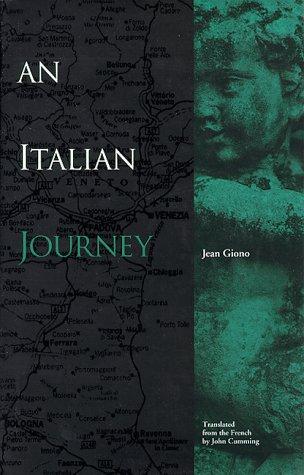
An Italian Journey
Henry Miller named Jean Giono as one of the writers he most admired (a list that includes Knut Hamsun, Blaise Cendrars, and Fyodor Dostoevsky). Giono, who lived most of his life in Manosque, the small Provençal town where he was born, begins An Italian Journey by admitting that he is not a traveller.
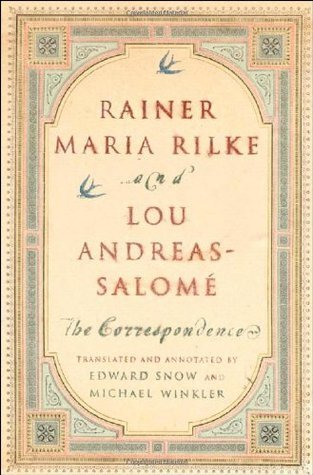
Rainer Maria Rilke and Lou Andreas-Salomé: The Correspondence
Rainer Maria Rilke and Lou Andreas-Salomé: The Correspondence (Norton) collects all of the extant letters exchanged by Rilke and Andreas-Salomé , a patron and fellow author, and (as the jacket copy describes her) “a key fin de siècle intellectual.”
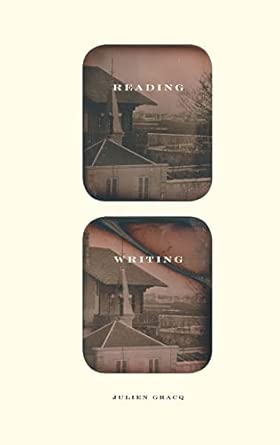
Reading Writing
The French writer Julien Gracq, who will be ninety-seven this year, is a living link to the era of Louis Aragon and André Breton. Gracq has avoided the kind of recognition that most modern writers crave (he refused the Prix Goncourt in 1951), and his body of work is little known on this continent.

The Rivers North of the Future: The Testament of Ivan Illich
David Cayley, whose work is often heard on CBC Ideas, has done a great service in preparing The Rivers North of the Future: The Testament of Ivan Illich (House of Anansi), a text that makes a perfect companion to The Fabric of Reality by David Deutsc

The Quest of the Folk: Antimodernism and Cultural Selection in Twentieth-Century Nova Scotia
In Ian McKay's book about Nova Scotia, The Quest of the Folk: Antimodernism and Cultural Selection in Twentieth-Century Nova Scotia (McGill-Queen's), post-modern theory collides head-on with Canadian social history, leaving sacred cows splattered all

The Pleasure of the Crown: Anthropology, Law and First Nations
The Pleasure of the Crown: Anthropology, Law and First Nations by Dara Culhane (Talonbooks) is the book for anyone who wants to understand the Delga-muukw decision—how it happened, what it means and why the Supreme Court ruling last December has frea











.svg)












.svg)




.png)

































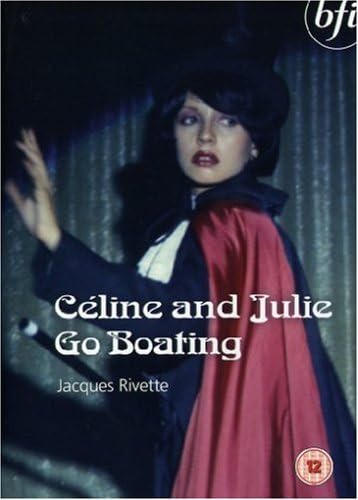
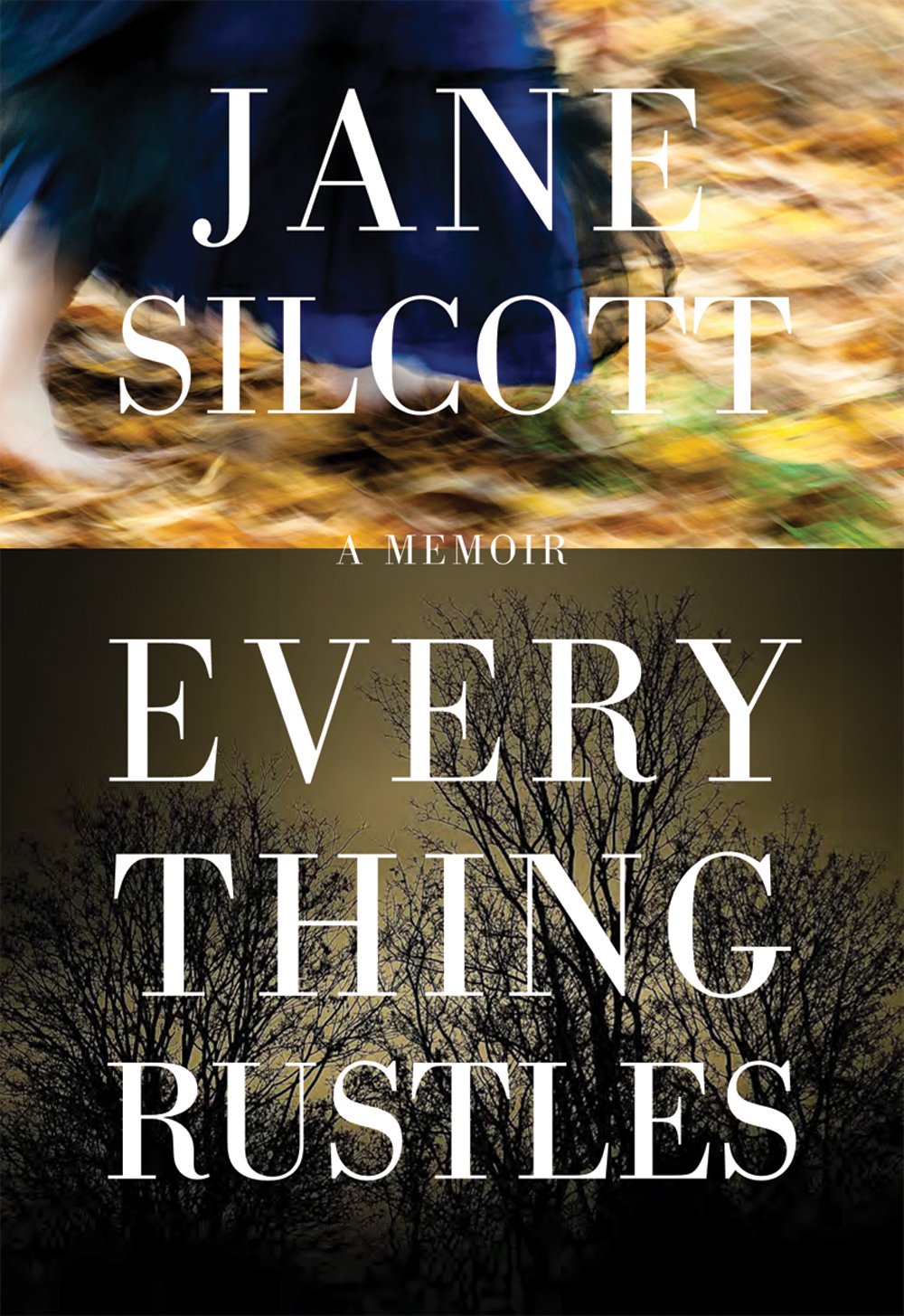

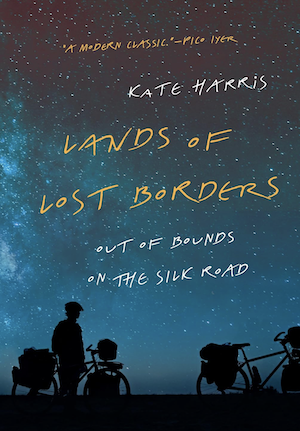
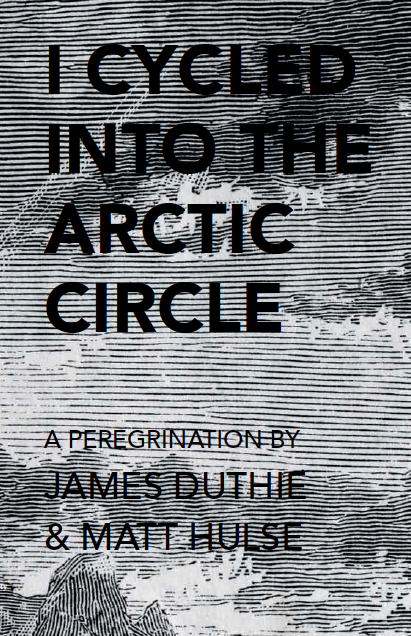
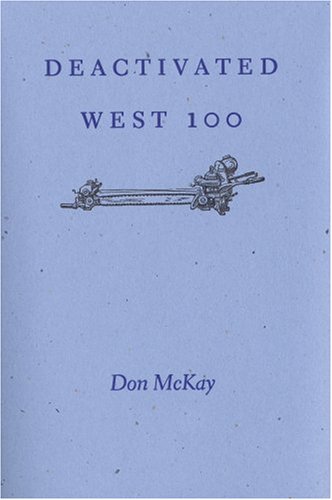

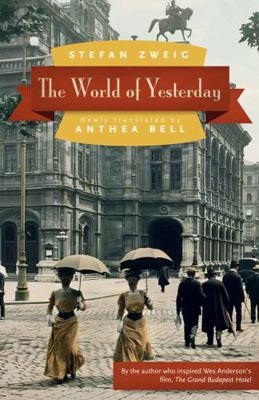


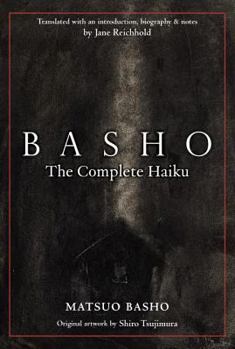

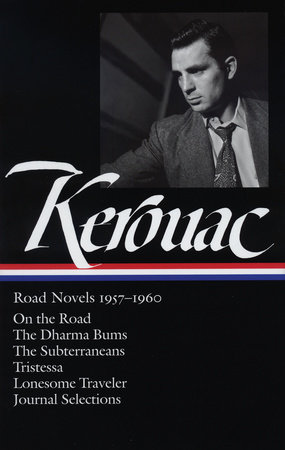

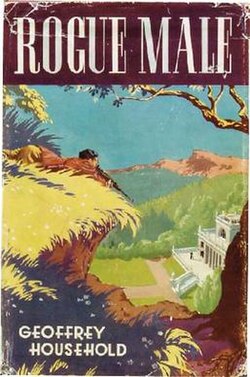





















.jpg)




